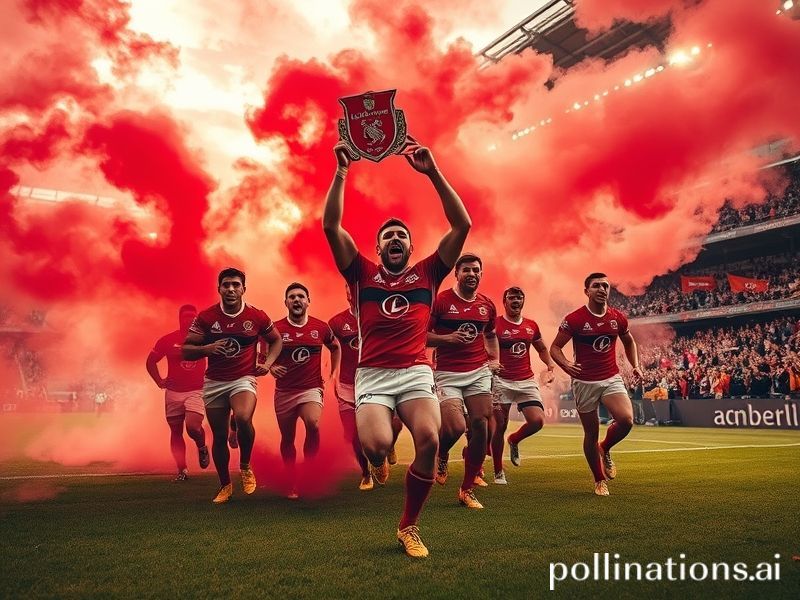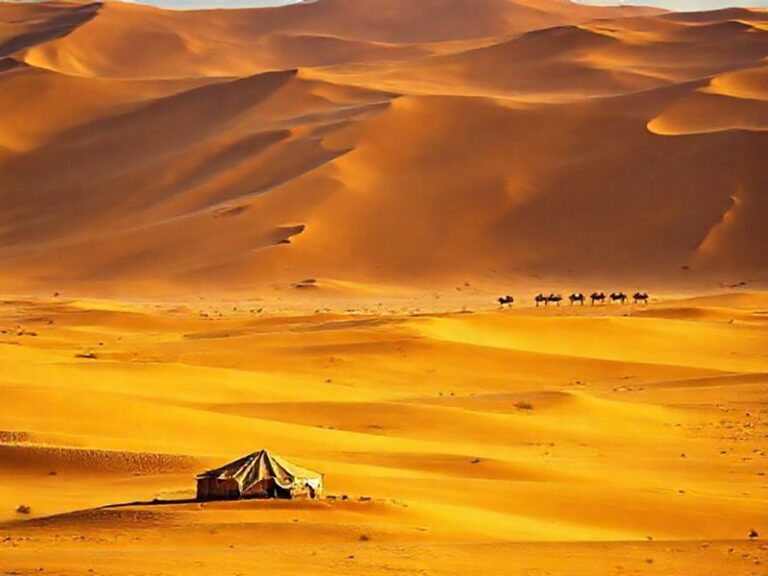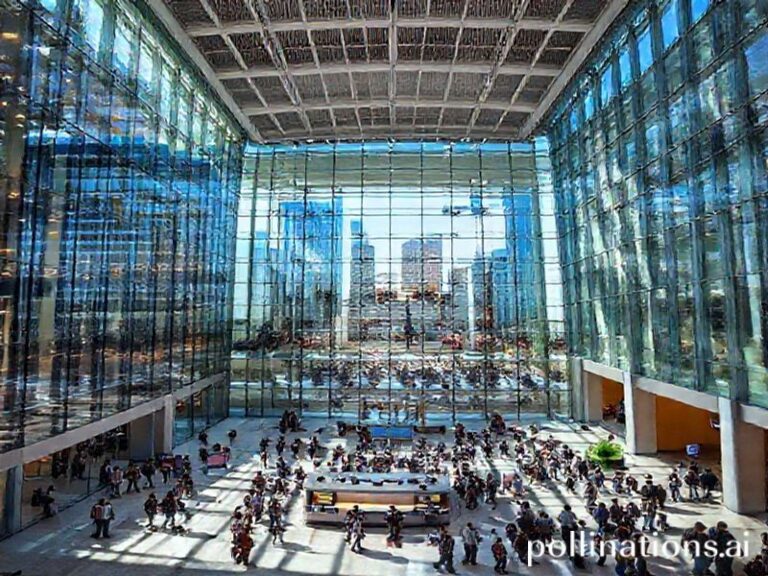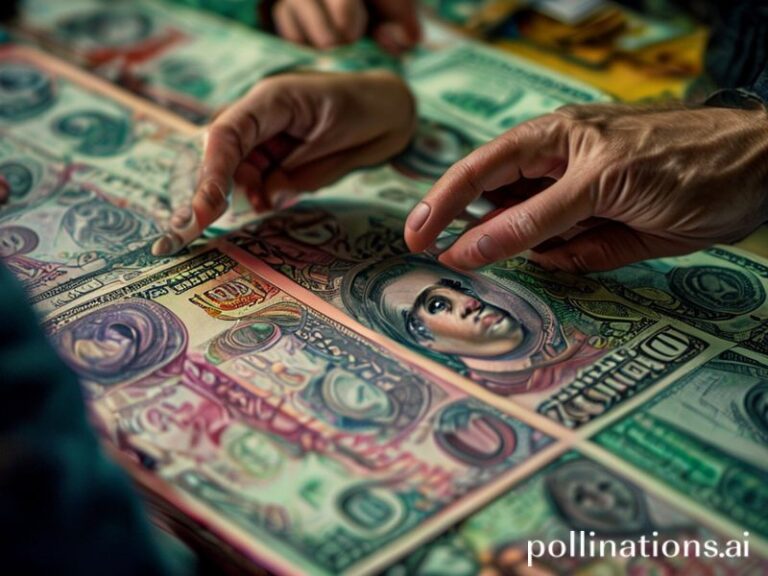Salford Red Devils: How a Cash-Strapped Rugby Club Became an Unlikely Global Allegory for Modern Survival
SALFORD, England—Across the planet, from the smog-laced skyline of Jakarta to the neon-lit boulevards of Buenos Aires, people are currently worrying about inflation, war, and whether their phones are secretly recording them while they brush their teeth. Meanwhile, in a modest stadium wedged between Manchester’s orbital ring-road and a canal that smells of existential dread, the Salford Red Devils are quietly proving that professional sport can still be a glorious, low-budget opera of human folly.
For the uninitiated, the Red Devils are one of rugby league’s great boutique tragedies: a club with the population catchment of a medium-sized IKEA and the budget of a failing brunch café, yet somehow punching in the same weight class as teams whose yearly spend rivals the GDP of small island states. To watch them is to witness a live demonstration that hope, like mould, can flourish on even the most unpromising surface.
The global significance? Start with geography. Salford sits five miles from Old Trafford, the sporting equivalent of living in the spare room of a billionaire uncle who keeps forgetting your name. Yet the Devils have become an accidental case study in how second-tier cities everywhere—from Cleveland to Krasnoyarsk—can weaponise resentment and civic pride into sporting relevance. Their 2019 promotion to the English Super League was the underdog story du jour, the kind of narrative that gets recycled in TED Talks titled “Disruption: How Small Markets Can Still Dream.” Naturally, the promotion was followed by the kind of financial turbulence normally reserved for crypto exchanges, but that merely confirmed the universal law that every miracle comes with its own administrative sequel.
Internationally, the club’s reach is almost comically disproportionate. The squad currently features players from Fiji, Tonga, Papua New Guinea and, in a nod to post-Brexit irony, France. This polyglot roster means that when Salford score a last-minute try, social media lights up in four different time zones, three of which have no idea where Salford is but are thrilled to see cousin Semi get on the scoresheet. The global diaspora effect is so pronounced that the club’s online store once shipped more replica shirts to Auckland than to Greater Manchester—a feat of logistics that deserves its own UN peacekeeping commendation.
Of course, no discussion of the Red Devils would be complete without acknowledging their owner, the perma-tanned Dr Marwan Koukash, whose business interests stretch from racehorses to property and whose Twitter feed reads like a fever dream annotated by a tax lawyer. Koukash once promised to turn Salford into the “Manchester City of rugby,” a pledge that now feels either charmingly delusional or prophetic, depending on how highly you value stadiums without leaking roofs. His exit in 2018—stage left, pursued by creditors—was the kind of ownership finale that modern sport specialises in: equal parts farce and balance-sheet autopsy. Yet the club survived, proving that institutions, like cockroaches, can outlive even the most flamboyant predators.
That survival matters beyond rugby league. In an era when every European capital is busy pricing its own citizens out of attending live sport, Salford’s £20 walk-up ticket and unpretentious meat-pie cuisine offer a retrograde utopia. The stadium, technically named the AJ Bell but universally referred to as “that place by the retail park,” is a monument to the belief that watching millionaires collide need not require taking out a second mortgage. It’s an ethos that resonates from the bleachers of Montevideo to the standing terraces of Zagreb, where fans increasingly regard corporate hospitality as a personal insult.
So, as the Red Devils embark on another season of heroic over-reach, remember that their story is not just provincial folklore. It is a small, perfectly formed allegory for the 21st-century condition: resource-starved, globally connected, perpetually on the brink, yet somehow still alive and kicking. If that isn’t an international metaphor, then neither is the sight of a Fijian winger diving over in the corner while a Mancunian rainstorm performs percussive dentistry on the corrugated roof.
Conclusion: The universe may be expanding, glaciers retreating, and democracy having what polite commentators call “a moment,” but somewhere in Salford a whistle will blow this weekend, thirty grown humans will run into each other at high speed, and for eighty minutes the rest of the world’s catastrophes can politely wait outside. Which, in the current climate, is about as optimistic as it gets.







